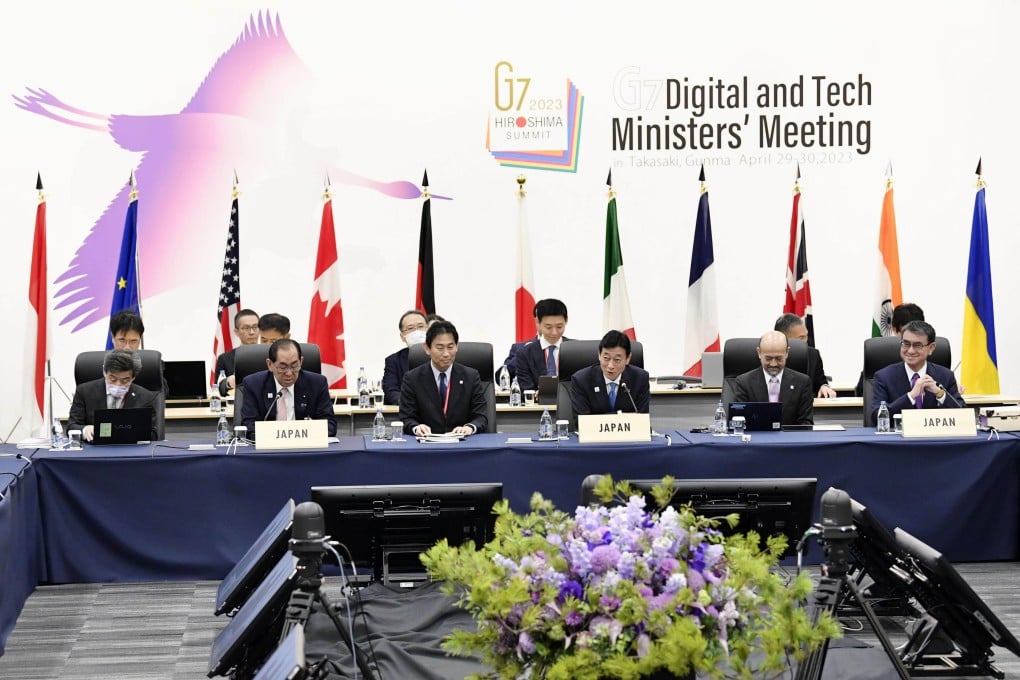Cyberattacks increased in Japan ahead of G7 meeting about AI risks, digital infrastructure
- DDoS attacks, which attempted to disrupt the online traffic of a server or network by overwhelming it with data, were mostly fixed quickly, sources said
- ‘There is a possibility that [Japan] is being targeted as the host of the G7 summit, and we have warned relevant organisations to stay alert,’ an official said

The number of cyberattacks against companies and government offices in Japan has been increasing since March, sources familiar with the matter said on Saturday.
Troubles caused by DDoS attacks, which attempt to disrupt the online traffic of a server or network by overwhelming it with data, were mostly fixed quickly, the sources said.
The news was revealed on the day ministers from G7 nations began a two-day meeting in eastern Japan in which high-priority issues in the digital sphere, including artificial intelligence governance and building secure and resilient infrastructure, were to be discussed.
The meeting is one in a series of ministerial meetings taking place in the run-up to the G7 summit next month.
“There is a possibility that [Japan] is being targeted as the host of the G7 summit, and we have warned relevant organisations to stay alert,” an official at the National centre of Incident readiness and Strategy for Cybersecurity said.
Tsunehiko Suzuki, a professor of information engineering at Chukyo University, said the attacks may have come as part of preparations for launching a full-scale attack.